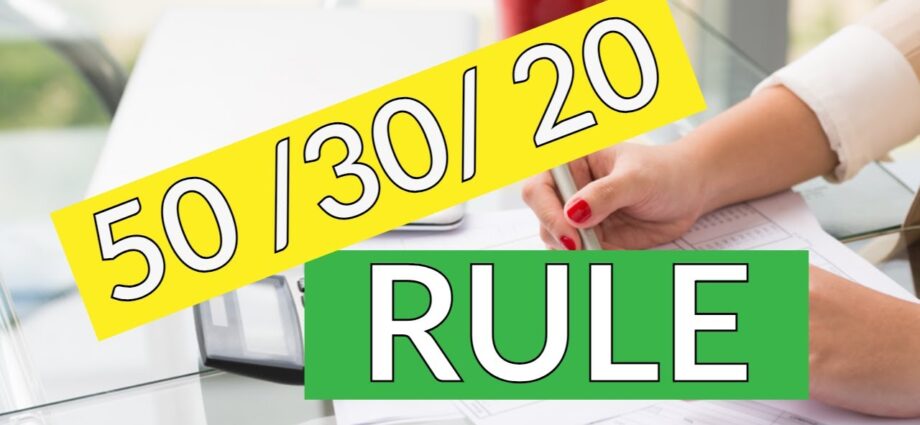This video is really good at building the foundation of Financial freedom by following these money management tips.
#money #budgeting #financialfreedom #saving #debt #creditscore #finance
Managing and budgeting your finances can be confusing and complicated. However, there is an incredibly straightforward rule of thumb which is going to help anyone put their finances in order. The 50 30 20 Rule should be used when it comes to looking at three different categories: your needs, your wants, and your financial objectives or savings.
The 50 30 20 Rule is a simple concept that may be able to change your life if you take the time to examine it and apply it to your personal finances. The basic idea is this: spend no more than 50% of your income on basic necessities, such as rent, food, and utilities. If you want to be economical, you can spend less than 50% of your income on essentials. You can spend no more than 30% on extras like fun, hobbies/activities, and luxuries. And finally, don’t forget about investing – keep at least 20% of your money aside for investments & paying down your debts.
The 50 30 20 Rule helps you live a better, balanced life – but it only works if you actually follow it. One way to make this happen is to think about your monthly budget as a pie.
The 50 30 20 Rule is based on the concept of budgeting a household’s funds in a manner aimed at achieving financial security and relative material comfort. The 50 30 20 Rule does allow for some percentage of discretionary expenses, but calls for an emphasis on sustainability rather than short-term spending. The principle advocates a frugal approach to life, especially during one’s earlier years—when energy levels are high, opportunities are ample and material needs grow constantly—to ensure fiscal discipline over the long term. Adapted to individual circumstances, the budget seeks to maintain a constant level of savings that adds up to 20 percent of one’s gross income after calculating for retirement needs, healthcare costs and so on. The far larger part—50 percent or less—should be spent on “necessities”, such as housing and food.
Fortunately, budgeting doesn’t have to be a boring task just because you want to keep your finances in check and on track with an actionable plan that works for you. Even if the specific template or advice is generic, what you need to do is implement your own personal preferences. Plus, there are plenty of other ways to use besides the 50 30 20 Rule – like Activity-Based Budgeting, The Zero-Based Budget, & Value Proposition Budget – all of which could affect how you come up with a solution for long-term planning.
More great Financial tools for money Management
https://www.youtube.com/channel/UCHoA-GKUdPVzXCoK94owR1w
Watch more videos on Money!
Live – 5 Brings you topics on Money Matters Episodes that are great tools for learning money management and financial freedom.
